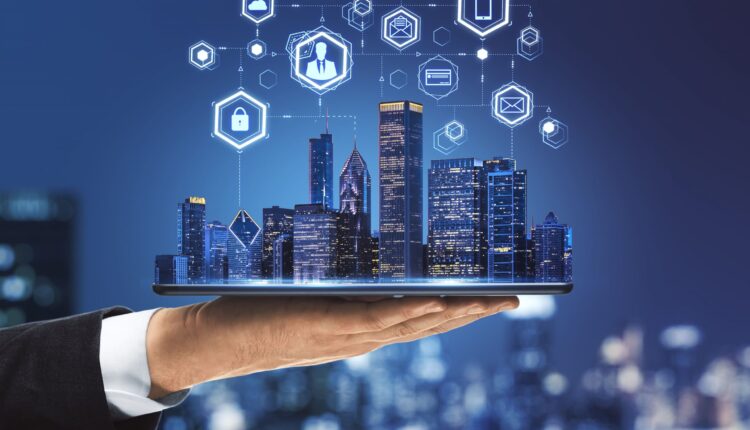Integrated Security Systems for Smarter and Safer Buildings
Modern buildings, from towering office blocks in Bangkok to sprawling resorts in Phuket, are evolving. They are becoming more than just structures; they are transforming into intelligent environments that prioritise the safety and well-being of their occupants. A central part of this evolution is the adoption of integrated security systems. These systems combine various security functions into a single, cohesive network, offering a smarter approach to building management.
An integrated system moves beyond separate, standalone security measures. Instead of having one system for access control, another for video surveillance, and a third for alarms, it unites them. This unification allows different technologies to communicate and work together. For instance, if a restricted door is forced open, the access control system can instantly trigger the nearest CCTV camera to record, alert security staff, and even lock down other access points in the area. This seamless interaction is often managed through a central platform offered by an automated building control solutions provider.
This level of coordination provides a comprehensive overview of a building’s security status in real time. For facility managers in Thailand’s busy urban centres, this consolidation is a significant advantage. It simplifies operations, reduces the chance of human error, and allows for much faster responses to incidents. By bringing together fire alarms, surveillance, and access controls, you create a building that can react intelligently to potential threats, making it a safer place for everyone inside.
The benefits extend beyond just immediate safety. Integrated systems also improve operational efficiency. For example, in a large commercial building, security and building management systems can be linked. This allows for smarter energy use, such as adjusting lighting and air conditioning based on occupancy data gathered from security sensors. This not only cuts down on utility costs but also supports sustainability goals, an important consideration for modern developments across Thailand.
In residential contexts, such as condominiums and gated communities, integrated systems offer residents peace of mind. Features like video intercoms linked to mobile apps, number plate recognition for car parks, and smart lift controls that direct visitors only to specific floors all contribute to a secure living environment. These technologies are becoming standard expectations in new residential projects, reflecting a growing demand for enhanced safety and convenience.
Ultimately, integrated security systems represent a fundamental shift in how we protect our buildings. They replace fragmented approaches with a unified, intelligent, and proactive strategy. For a nation like Thailand, known for its dynamic cities and world-class hospitality sector, embracing these smart solutions is a natural step forward. It helps ensure that our buildings are not only impressive structures but also truly safe and efficient environments for work, life, and leisure.


Comments are closed.